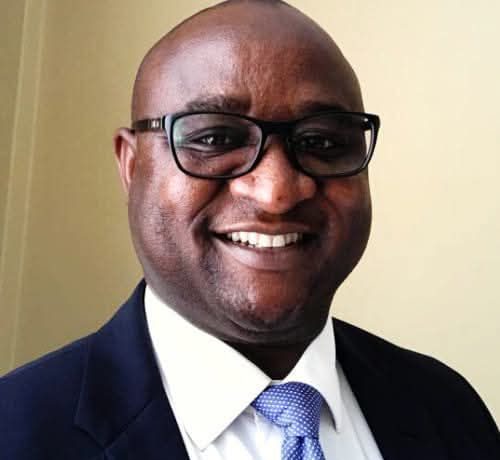In a bold and politically charged defense, top social and political analyst Lyson Sibande has come out swinging in support of Prince Kapondamgaga, saying the Chief of Staff at State House is legally and constitutionally in the clear—and no foreign court ruling can change that.
This comes after fresh public debate sparked by reports linking Kapondamgaga to businessman Zunneth Sattar in a UK court case. But Sibande, in an incisive legal breakdown, argues that Malawi’s own legal institutions already dealt with the matter—and the case was closed, cleanly and officially.
“If the Anti-Corruption Bureau (ACB) cleared Kapondamgaga, then the President cannot fire him over the same issue simply because a foreign court said something else. That would be illegal, unfair, and unconstitutional,” said Sibande.
The background is key. In 2022, both then-Vice President Saulos Chilima and Kapondamgaga were named in an ACB report as having received gifts from Sattar. President Chakwera responded swiftly—suspending both men without hesitation. Chilima was even arrested and taken to court. But by May 2024, the Malawi government formally discontinued Chilima’s case. No trial. No conviction. No criminal record.
Kapondamgaga, on the other hand, signed a restitution agreement with the ACB—a perfectly legal move under Malawi’s Criminal Procedure and Evidence Code (Section 148). He returned a luxury Mercedes-Benz and paid K70 million. In legal terms, the matter was resolved. Case closed.
“Restitution is not an admission of guilt,” Sibande explained. “It’s a way to resolve matters without dragging things endlessly in court, especially if you think what you received was just a gift—but realize it’s best to return it, just to be safe.”
Now, with foreign court documents being waved around, there are calls to sack Kapondamgaga again. But Sibande slams this as nonsense.
“The Constitution of Malawi is crystal clear. International law, even from the UK, cannot override the decisions of our courts or our laws. Our Parliament, our Constitution, and our Judiciary come first,” he said.
Indeed, Section 211 of Malawi’s Constitution recognizes international law—but clearly states it must not override Acts of Parliament. And Section 5 puts the Constitution above all.
“Prince Kapondamgaga is not guilty of anything under Malawian law. The ACB knows it. The courts know it. The President knows it. The law of Malawi cannot be second-guessed by a foreign bench in London,” Sibande concluded.
In short, whatever the UK says may be interesting—but in Malawi, the law has spoken. And Kapondamgaga walks free.













